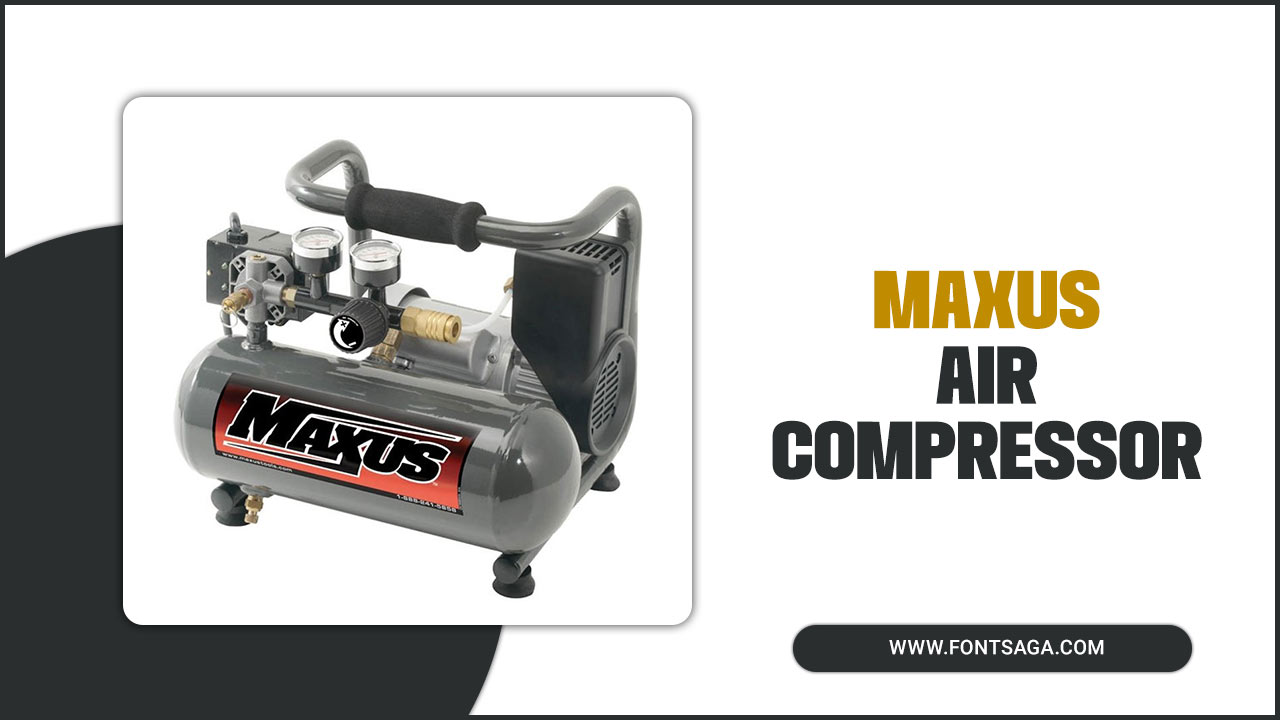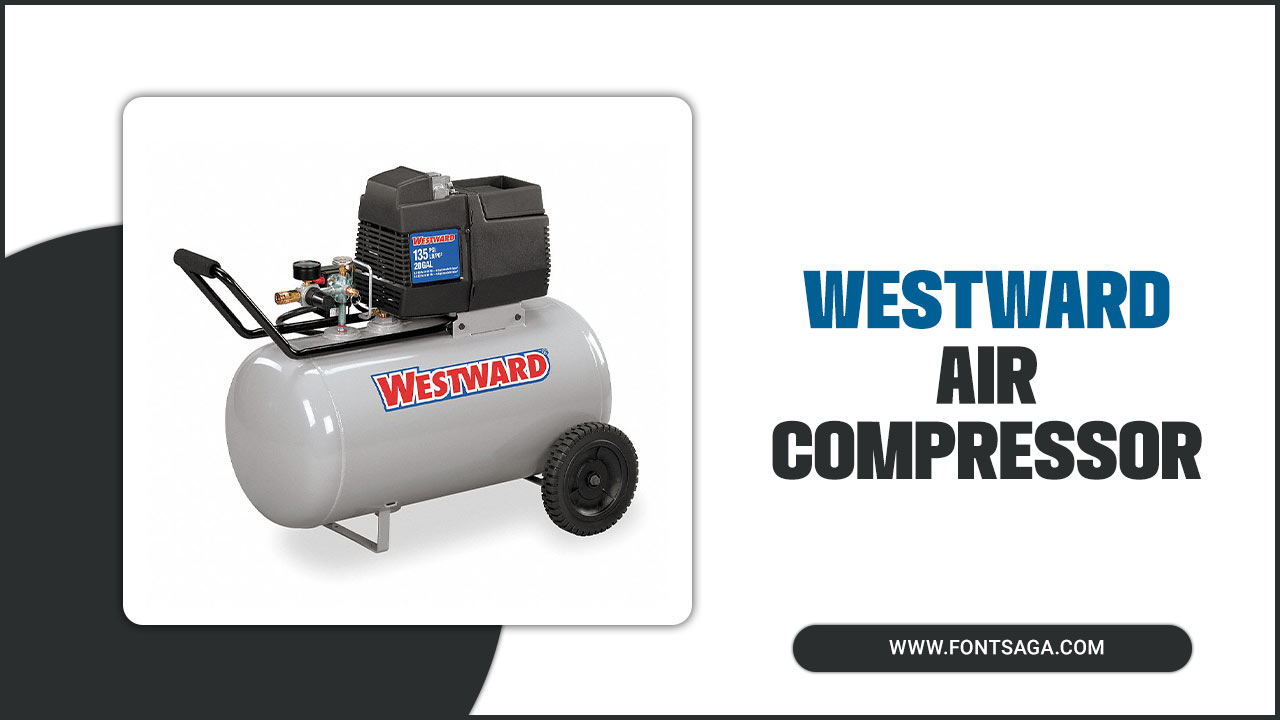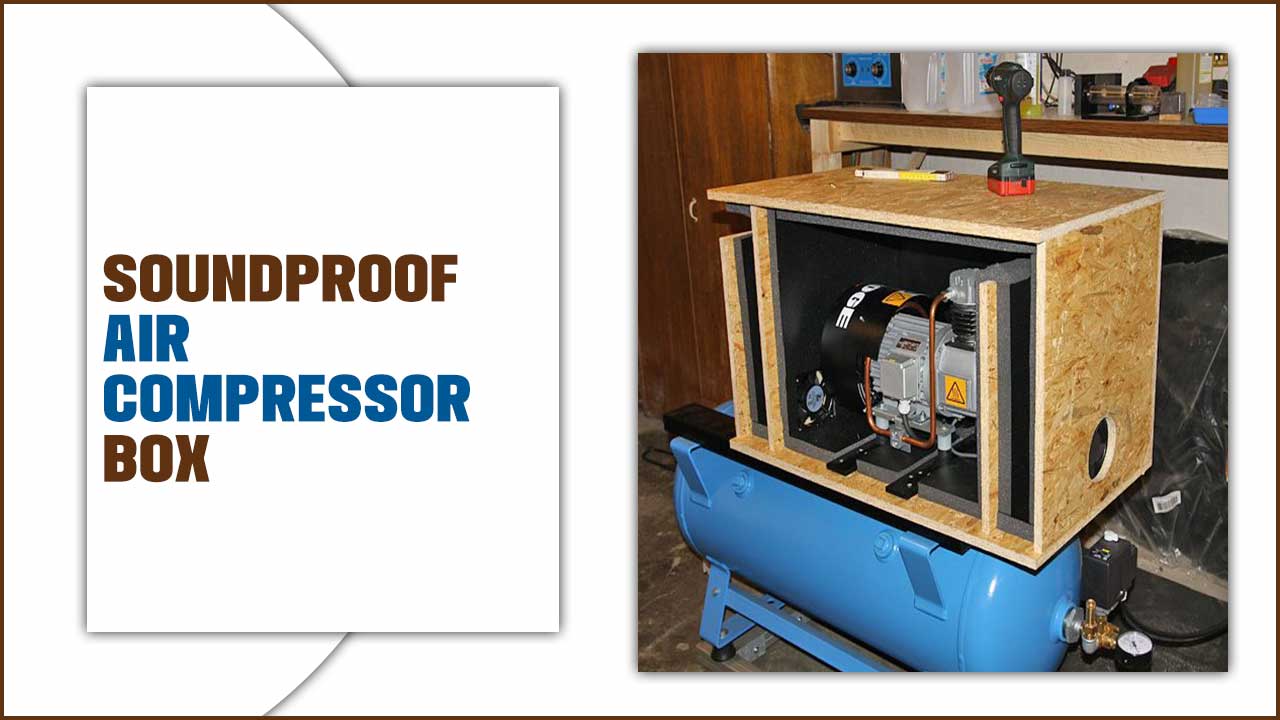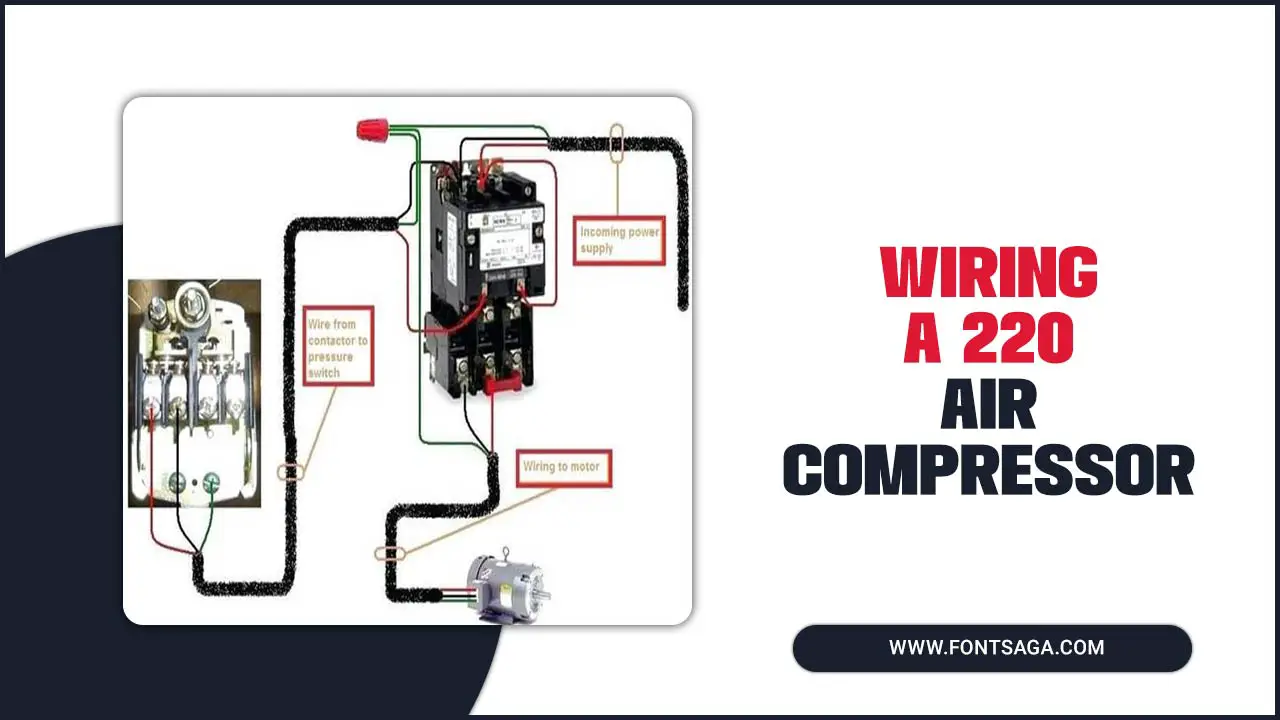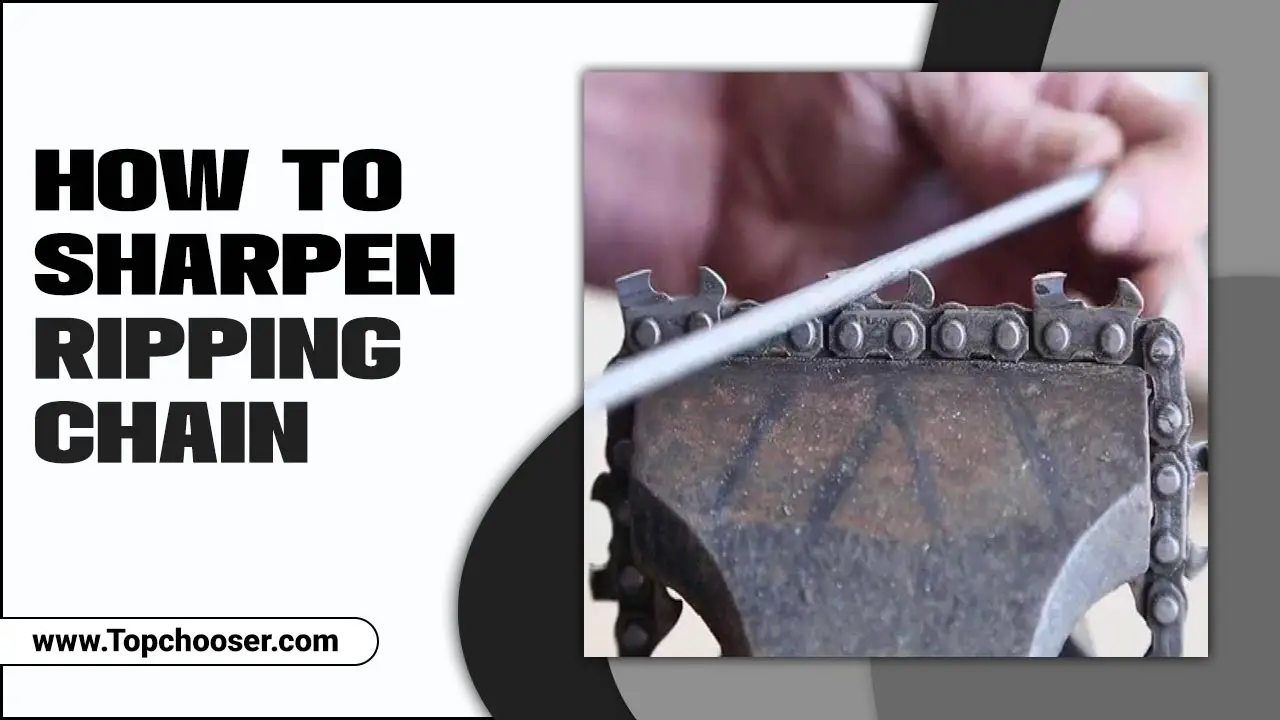An air compressor extension cord is a device that allows an air compressor to be powered through an electrical extension cord. This can be useful when running an electrical cord to a nearby power outlet is impossible, such as when working in tight spaces or on a construction site.
It’s time to invest in an essential tool to make your life easier: an air compressor extension. This comprehensive buyer’s guide will walk you through everything you need to choose the right extension cord for your air compressor.
From understanding the factors that determine the size of the cord to selecting the appropriate wire gauge, we’ve got you covered. We’ll also discuss different extension cords available and provide safety considerations to ensure a hassle-free experience.
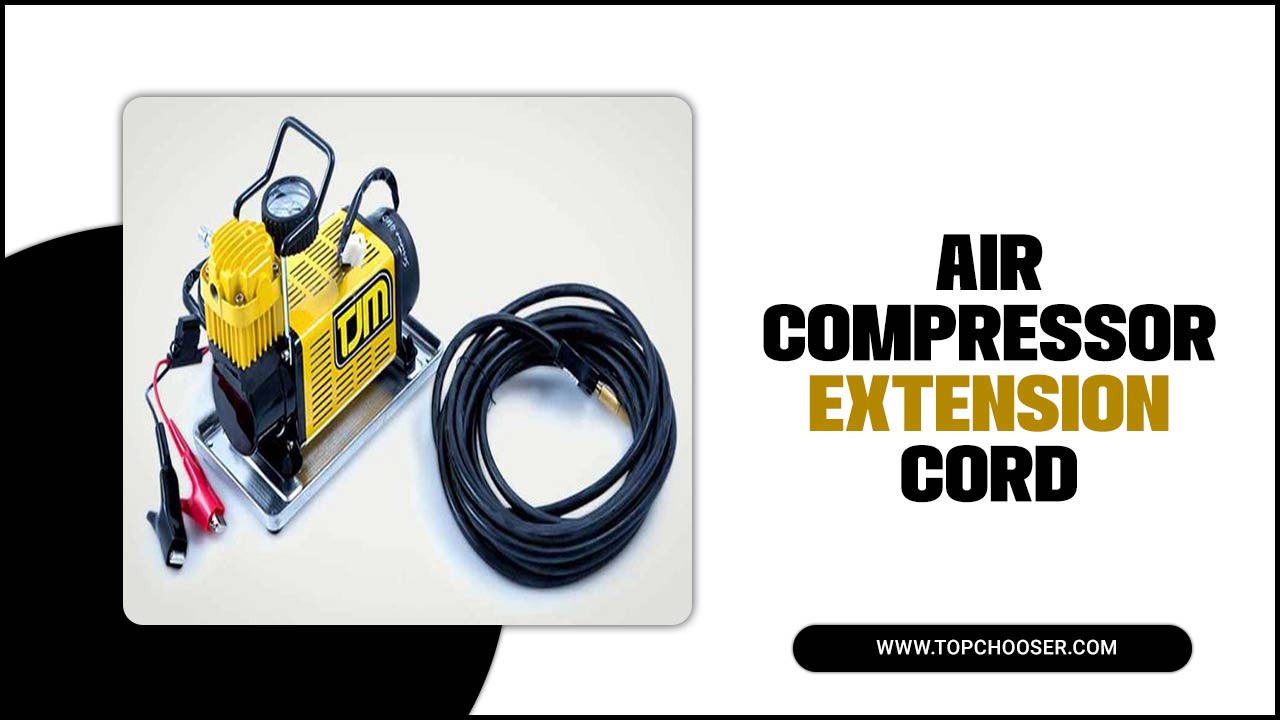
Identifying The Right Size Of The Air Compressor Extension Cord
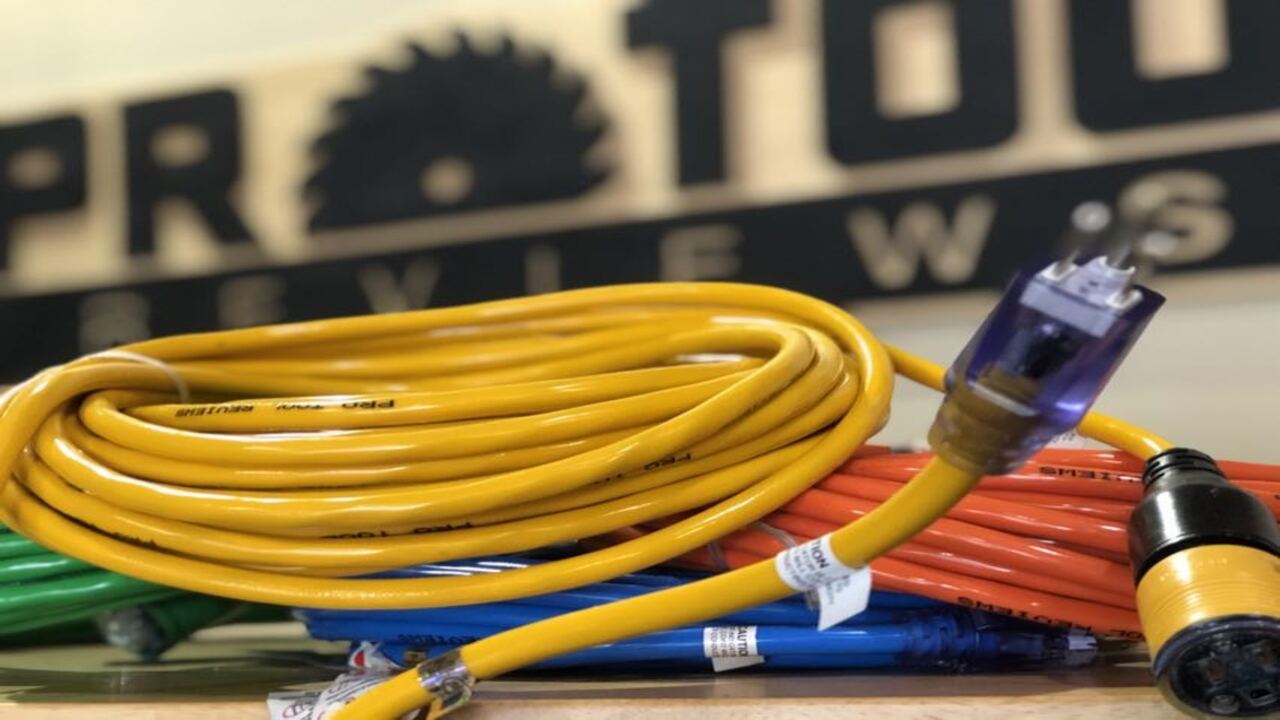
When identifying the right size of an air compressor extension cord, there are a few key factors to consider. First, determine the power requirements of your air compressor in terms of volts and amps. Then, understand the different types of extension cords available and their gauge ratings.
Calculate the length of the extension cord needed for your specific setup. It’s also important to consider the quality and durability of the extension cord, as well as following safety guidelines and possibly using a surge protector.
Factors Determining The Size Of Extension Cord
The size of an extension cord is determined by various factors, including the length of the cord, the gauge or thickness of the wire, and its intended use. The length of the cord is a critical factor as it impacts the amount of voltage drop that occurs over the distance.
Longer cords experience more resistance, leading to a drop in voltage, which can cause electrical equipment to underperform or even fail. As such, choosing the right cord length for your needs is essential.
The gauge or thickness of the wire is another crucial factor in determining the size of an extension cord. The lower the gauge number, the thicker the wire, which means it can handle more electrical current without overheating.
For instance, a 14-gauge wire is thicker than a 16-gauge wire and can deliver more power without overheating. The intended use of the extension cord also impacts the size required.
Understanding The Basics Of Air Compressor Extension
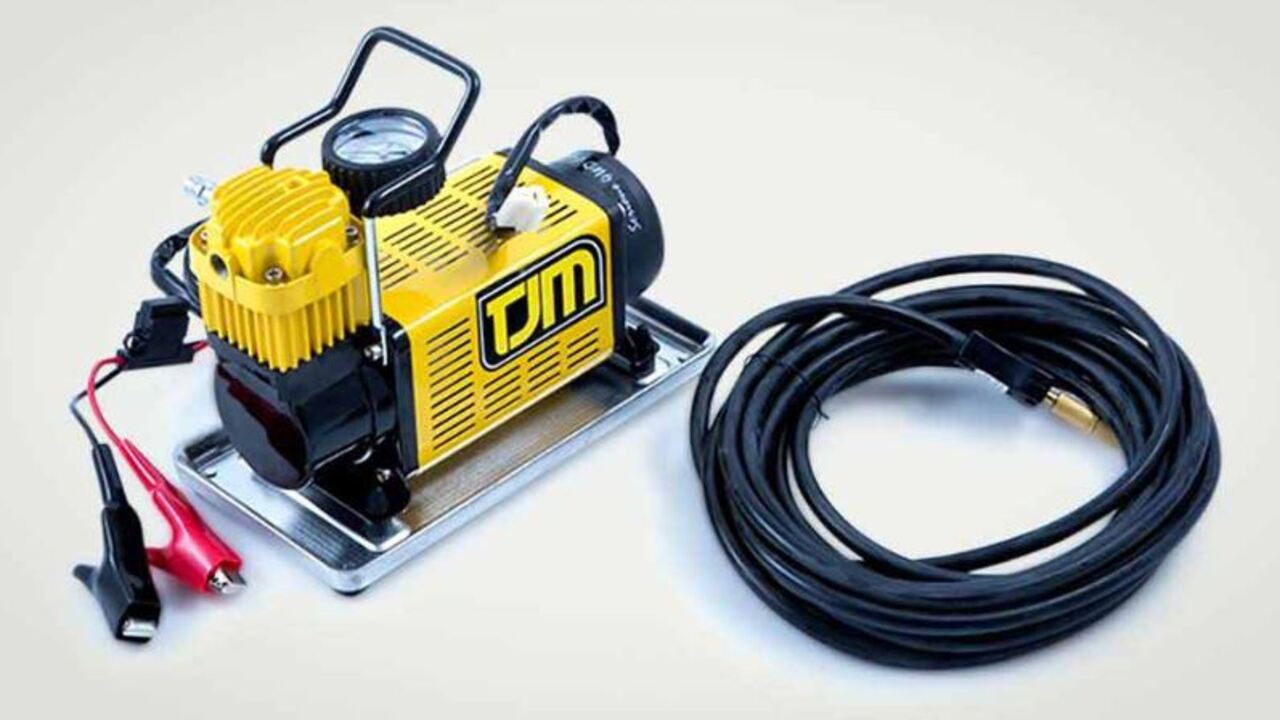
When using air compressors, it is crucial to understand the basics of air compressor extension. These cords are essential to powering your air compressor but can pose safety risks if used incorrectly.
One of the most important things to understand is the proper extension cord gauge for your air compressor. Using a cord with a too-small gauge can cause the cord to overheat and potentially start a fire.
It is also important to ensure the cord has the appropriate amperage rating for your air compressor, as using a cord with a lower rating can result in the compressor not working properly. Additionally, inspecting the cord regularly for any signs of damage, such as cracks or exposed wires, is important.
Using a damaged cord can put you and others at risk of electrical shock or fire. Understanding the basics of air compressor extension is crucial for efficiency and safety when using an air compressor.
Types Of Extension Cords For Air Compressors
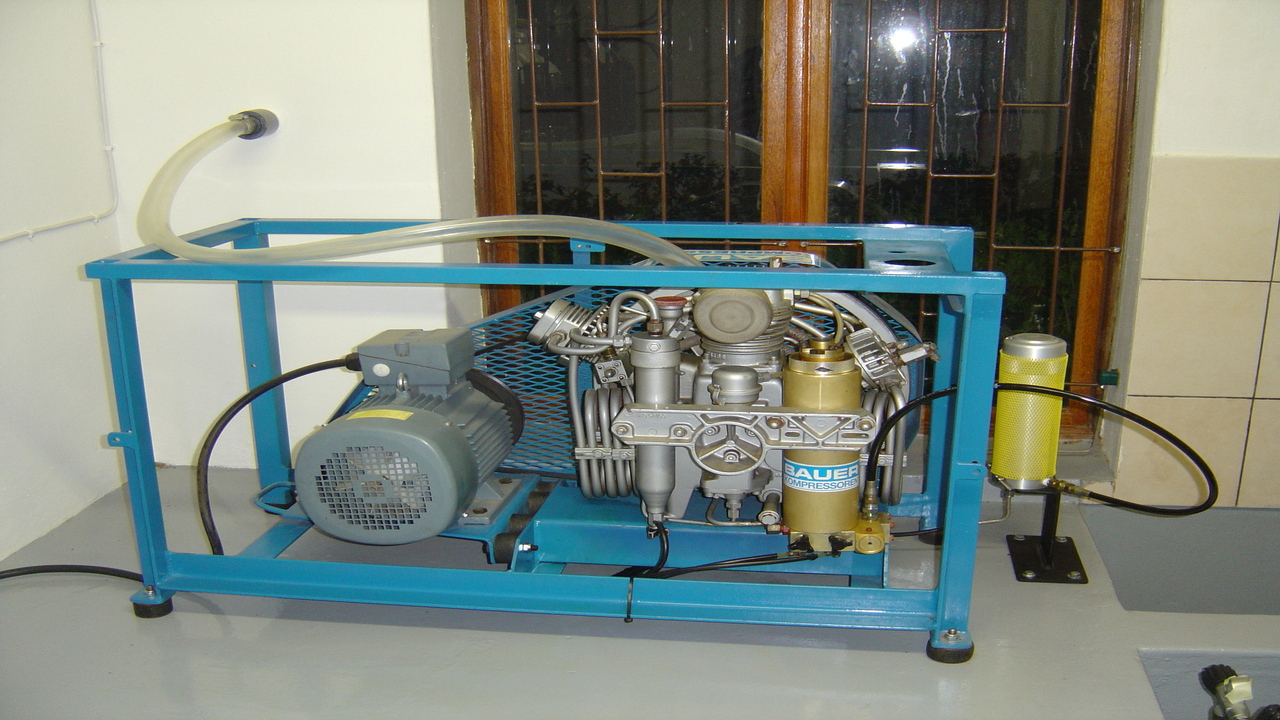
Extension cords for air compressors are available in various sizes and gauges. Selecting a cord that can handle your specific air compressor’s power requirements. The gauge of the extension cord determines its size, with lower gauge numbers indicating thicker wires and higher power capacity.
Consider the length of the cord as well, as longer cords can result in voltage drop and reduced performance. When choosing an extension cord for your air compressor, it’s advisable to consult the manufacturer’s guidelines or seek professional advice.
Choosing The Right Extension Cord For Your Air Compressor
When selecting an extension cord for your air compressor, choosing the right size is crucial to ensure proper power supply and prevent any potential damage. The size of the extension cord is determined by its wire gauge, with lower gauge numbers indicating thicker wires and higher electrical capacity.
Additionally, the length of the cord affects its electrical capacity, as longer cords may experience more voltage drop. For most air compressors, it is recommended to use a 12-gauge extension cord, especially for high-horsepower models or those requiring substantial power. Always refer to the manufacturer’s recommendations for the appropriate gauge and length of extension cord for your specific air compressor model.
Choosing The Right Wire Gauge For Your Compressor Extension Cord
When selecting an extension cord for your air compressor, choosing the right wire gauge is crucial. The wire gauge determines the cord’s capacity to handle the electrical current. For distances up to 25 feet, a 12-gauge extension cord is recommended, while a 10-gauge cord is suitable for distances between 25 and 50 feet.
A lower gauge than recommended can lead to voltage drop and potential damage to the compressor motor. Ensure safe and efficient operation by considering the length and gauge of the extension cord.
Factors To Consider When Selecting A Compressor Extension Cord
Several factors must be considered when selecting an extension cord for your air compressor. First, ensure that the length of the cord is appropriate for your desired work area. It should be long enough to reach without causing a voltage drop. Additionally, pay attention to the gauge or thickness of the wire. Thicker wires can carry more current without overheating.
Consider the amperage rating of your air compressor and choose a cord that can handle the required amperage. If you use your air compressor outside, choose an outdoor-rated cord designed to withstand harsh conditions. Lastly, look for cords with built-in safety features like ground fault circuit interrupters (GFCIs) to protect against electrical shocks.
Measuring The Distance From The Power Source To The Air Compressor
Measuring the distance from the power source is essential to ensure a proper connection for your air compressor. This measurement will help you determine the length of the extension cord needed. When selecting an extension cord, choose one rated for outdoor use with a higher amperage rating than your air compressor requires.
Consider the gauge of the extension cord, with lower gauge numbers indicating thicker wires and better conductivity. Avoid using multiple extension cords or daisy-chaining them together to prevent voltage drops and potential equipment damage. Lastly, check that the extension cord has proper grounding and is in good condition, free from frayed wires or exposed insulation.
Safety Considerations When Using Air Extension Cords
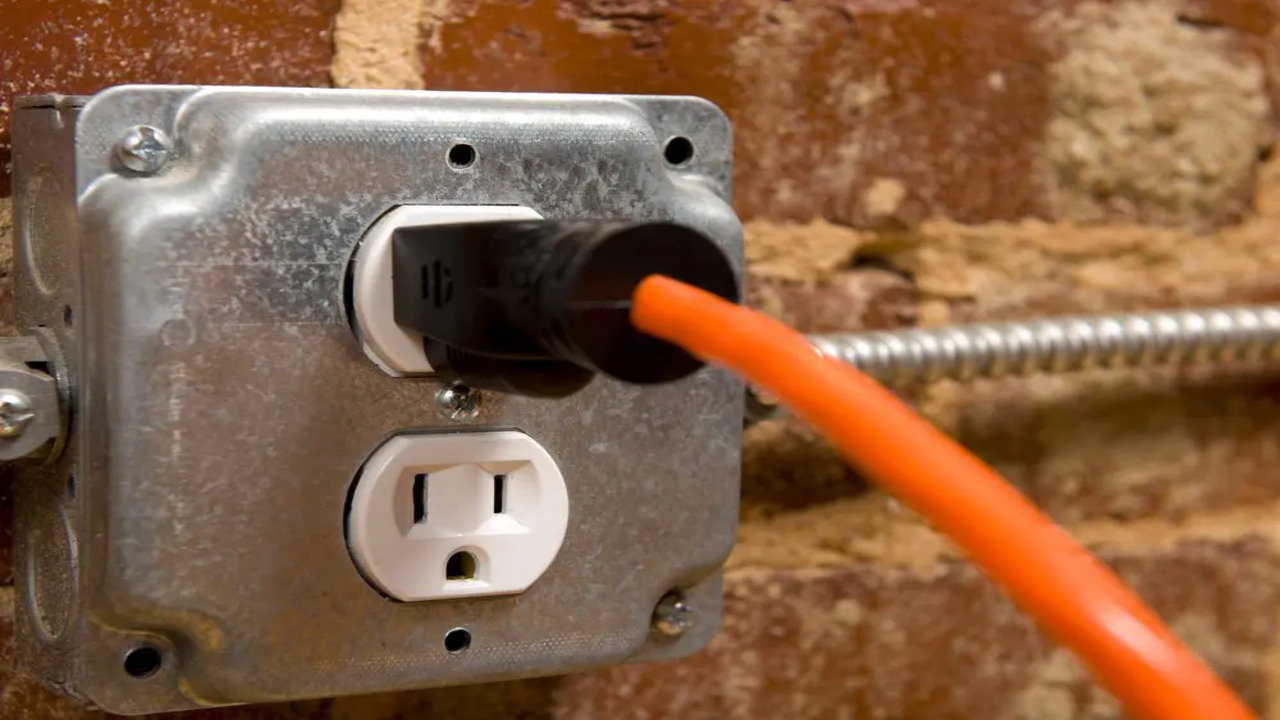
When using air extension cords, safety should be your top priority. Consider the cord’s size, length, and gauge to ensure it can handle the power requirements of your air compressor.
Using a cord with too small a gauge can lead to voltage drop, overheating, and damage to your equipment. Additionally, always choose a cord with the appropriate rating for outdoor use if you plan to use it outside. Remember to follow the manufacturer’s guidelines for using extension cords with your specific air compressor model.
Conclusion
Choosing the right air compressor extension cord is crucial for ensuring your air compressor’s safe and efficient operation. The size of the extension cord, wire gauge, and type are all factors that must be considered. By understanding these factors and taking necessary safety precautions, you can find the perfect extension cord for your air compressor needs.
Check out our comprehensive buyer’s guide to learn more about selecting the right air compressor cord. It contains all the information you need to make an informed decision and ensure a smooth and hassle-free experience with your air compressor. Don’t compromise on safety or performance – get the right extension cord today.
Frequently Asked Questions
[rank_math_rich_snippet id=”s-fa95c094-339c-49cb-b036-bfb397d8913f”]

I am passionate about home engineering. I specialize in designing, installing, and maintaining heating, ventilation, and air conditioning systems. My goal is to help people stay comfortable in their homes all year long.

